What are Fermenting Equipment
Fermenting equipment refers to the specialized machinery used in the process of fermentation, a critical phase in the production of various food and beverage products such as beer, wine, spirits, dairy products, and more. The essence of fermentation is the biochemical conversion of sugars into alcohol and other byproducts by microorganisms, typically yeasts or bacteria, under anaerobic conditions. This transformative process not only alters the flavor profiles of the goods but also contributes to their preservation and nutritional enhancement.
The target users of fermenting equipment range from home brewers and small artisanal producers to large-scale commercial facilities such as breweries, wineries, distilleries, and dairy plants. The technology involved in fermentation equipment must support the precise control of environmental conditions – including temperature, pressure, and sometimes oxygen levels – to ensure a consistent and high-quality product. Fermentation vessels are typically made from materials like stainless steel or red copper due to their durability and resistance to corrosion.
At its core, fermenting equipment provides an environment where microorganisms can thrive and carry out fermentation effectively. This often includes features like temperature control systems, agitation mechanisms to maintain uniform conditions within the vessel, pressure regulation to manage the buildup of carbon dioxide, and sampling ports for monitoring the progress of fermentation. Commercial fermenting equipment varies in size, capacity, and complexity depending on the scale of production and specific product requirements.
Types of Fermenting Equipment
The variety of fermenting equipment available caters to different users and applications, each designed to optimize the fermentation process for particular types of beverages or foods.
Conical Fermenters: Often used in beer production, conical fermenters have a cone-shaped bottom that allows for easier removal of sediment. These are popular for both home brewing enthusiasts and commercial breweries because they facilitate a cleaner fermentation process and can be used for both primary and secondary fermentation.
Open Fermentation Tanks: Typically found in traditional breweries or for specific types of beer such as Belgian lambics, open fermenters allow for natural or spontaneous fermentation. They are also favored by kombucha producers due to the aerobic nature required for SCOBY (Symbiotic Culture Of Bacteria and Yeast) development.
Jacketed Fermentation Tanks: These tanks have a double-wall construction that allows for temperature-controlled fluids to circulate between the walls, keeping the contents at an optimal temperature throughout fermentation. Wine makers and larger breweries often utilize these tanks as they provide precise temperature control crucial for specific yeast strains.
Horizontal Fermentation Tanks: Preferred in certain wine-making processes where limited contact with yeast sediment is desired. These tanks are broader than they are tall and allow winemakers to manage the level of yeast contact during the wine's development.
Pressure Fermentation Tanks: Designed to withstand pressure build-up during fermentation, these tanks are used for producing sparkling wines and certain beers where carbonation is developed naturally during fermentation rather than being added later.
How to choose Fermenting Equipment
Selecting the right fermenting equipment is crucial for businesses looking to produce high-quality fermented products. When considering a purchase on Alibaba.com or elsewhere, there are several factors buyers should take into account:
Capacity: Assess your production volume needs. Equipment ranges from small-scale fermenters suitable for home use or pilot batches to large commercial tanks designed for high-volume production. Choose a size that aligns with your current operations but also consider potential scaling needs in the future.
Material: Durability and longevity are key concerns here. Stainless steel is widely regarded for its resistance to corrosion and ease of cleaning. Red copper is sometimes preferred for its thermal conductivity and traditional aesthetic appeal but may require more maintenance.
Temperature Control: Accurate temperature regulation can be critical depending on your product; especially so for products like lagers or certain wines that require specific temperature ranges during fermentation. Ensure that any system you consider has reliable temperature control capabilities.
Pressure Requirements: If producing carbonated beverages like sparkling wine or certain craft beers, ensure that your fermenting equipment can safely handle pressure without risk of failure or breach.
Customization: Some businesses require custom features such as additional ports for sampling or specific types of agitators; make sure any potential supplier can accommodate these needs.
Local Service Location: Consider suppliers who can provide service in your location if you anticipate needing installation assistance or future maintenance support.
By carefully evaluating these considerations in relation to your business needs, you can make an informed choice that supports both current operations and future growth plans.
Best Fermenting Equipment on Alibaba.com
For businesses seeking to invest in fermenting equipment, Alibaba.com offers a vast marketplace where numerous global suppliers list their products with detailed descriptions and specifications. The platform's international reach ensures that buyers can find equipment that meets their particular requirements while providing opportunities to connect with suppliers from around the world.
The diversity of fermenting equipment available on Alibaba.com means that whether you're looking to craft boutique beers or age fine wines, there's likely a supplier with the right technology for your needs. Moreover, Alibaba.com facilitates communication with these suppliers to discuss potential customizations that align with specific process demands or business objectives.
Alibaba.com's commitment to supporting small and medium-sized businesses is evidenced through services like Trade Assurance which provides buyers with payment protection until their orders are fulfilled satisfactorily. Together with features designed to simplify mobile purchasing and remove language barriers, Alibaba.com stands out as a comprehensive solution for sourcing commercial fermenting equipment on a global scale.
Common FAQs for Fermenting Equipment
What is the primary purpose of fermenting equipment?
Fermenting equipment is used to facilitate the controlled biochemical process of fermentation, where microorganisms convert sugars into alcohol, carbon dioxide, and other byproducts, essential in the production of beverages like beer, wine, and spirits, as well as in food processing.
How does material choice affect fermenting equipment?
The choice of material for fermenting equipment, such as stainless steel or red copper, impacts its durability, resistance to corrosion, ease of cleaning, and can also affect the thermal conductivity which is important for maintaining specific temperature conditions during fermentation.
What types of fermenting equipment are best for small-scale production?
For small-scale production, conical fermenters and mini-jacketed tanks are popular choices due to their size and efficiency in managing the fermentation process. They are suitable for home brewers or small breweries starting with pilot batches.
Can fermenting equipment be customized to meet specific production needs?
Yes, many suppliers on platforms like Alibaba.com offer customizable fermenting equipment to accommodate special requirements such as additional ports for sampling or specific agitator types to meet precise production demands.
What considerations should be made regarding capacity when selecting fermenting equipment?
Businesses should assess their current production volumes and anticipate potential scaling when choosing fermenting equipment. It's important to select a size that not only meets immediate needs but can also accommodate future growth.
How important is temperature control in fermenting equipment?
Temperature control is critical in fermenting equipment as many fermented products require specific temperature ranges for optimal microbial activity and product development. Accurate temperature regulation helps ensure consistent quality in the final product.
What are pressure fermentation tanks used for?
Pressure fermentation tanks are specifically designed to handle carbonation during the fermentation process. They are commonly used for producing sparkling wines and certain beers where natural carbonation is preferred over forced carbonation methods.
Is it important to consider local service locations when purchasing fermenting equipment?
Yes, considering local service locations is important as it ensures that businesses can receive timely installation assistance and maintenance support from suppliers who can service machinery in their geographic location.
What after-sales services should be expected with the purchase of fermenting equipment?
After-sales services may include online support, video technical support, field maintenance and repair service, and engineers available to service machinery overseas. The availability of these services varies by supplier.
How does processing type influence the choice of fermenting equipment?
Different fermented products like craft beer, milk, wine, spirits, and others may require specific types of fermenting equipment tailored to their unique processing needs such as oxygen exposure, agitation requirements, or pressure control.
Are there eco-friendly options available in fermenting equipment?
Yes, there are eco-friendly options in fermenting equipment that focus on energy efficiency and sustainable materials. Buyers interested in these features should look for key selling points like "eco-friendly" or "energy save" when evaluating products.






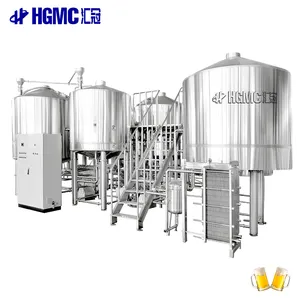



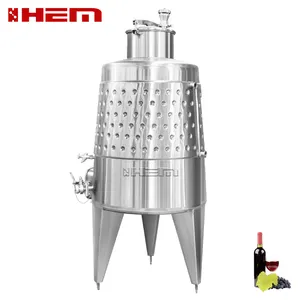



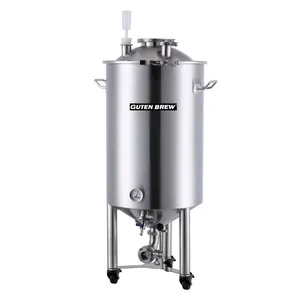
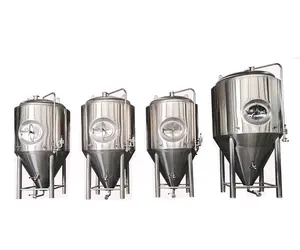


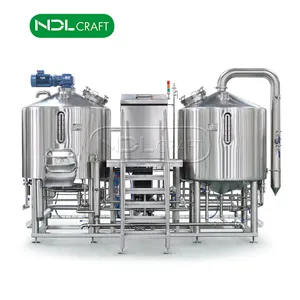





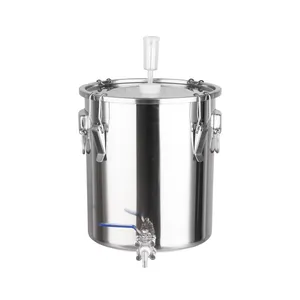


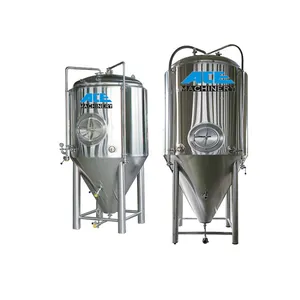
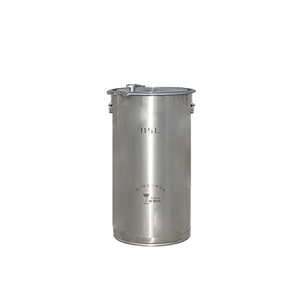






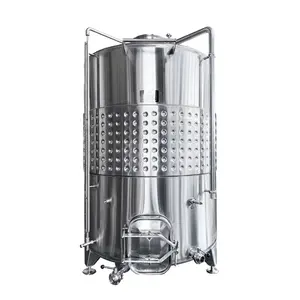







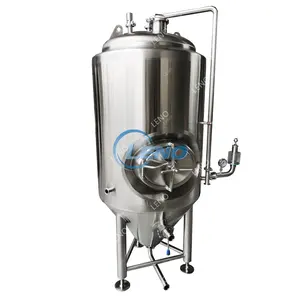
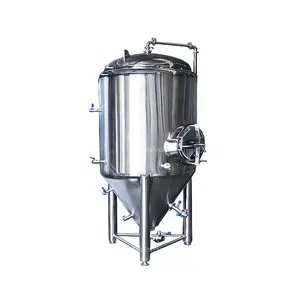





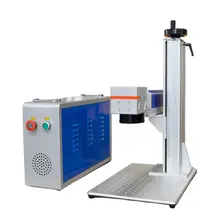

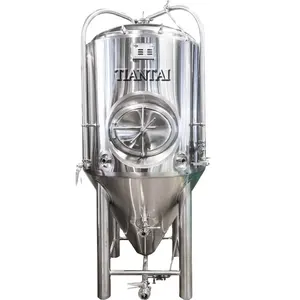
























 浙公网安备 33010002000092号
浙公网安备 33010002000092号 浙B2-20120091-4
浙B2-20120091-4